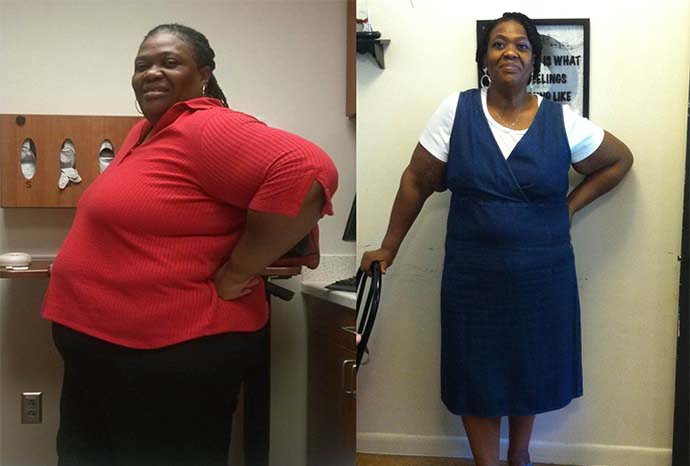
Weight loss surgery (WLS) also known as bariatric surgery is considered the most successful form of treatment for morbid obesity. Surgery helps provide patients with a tool to get to a healthier lifestyle and in order for surgery to be successful there are many behavior modifications, emotional adjustments, and lifestyles changes that need to occur. The success from weight loss is measured in many ways, on the scale, through measurements, and through personal, physical, and mental accomplishments. The National Association for Weight Loss Surgery (NAWLS) has provided and identified 10 mistakes that bariatric patients make after surgery. By reviewing this list I hope that our patients can be successful in achieving their weight loss goals and be able to identify any mistakes that they may be making.
MISTAKE 1: NOT TAKING VITAMINS, SUPPLEMENTS, or MINERALS
After Bariatric surgery it is extremely important for patients to take there vitamins, supplements, or minerals. Patients will be on a very low calorie diet after surgery and will not be getting all the nutrients they require through their diet therefor it is essential that they take supplements daily to maintain adequate levels of vitamins and minerals in the body otherwise vitamin deficiencies can occur. Bariatric Surgery.
MISTAKE 2: ASSUMING YOU HAVE BEEN CURED OF YOUR OBESITY
Surgery is not a cure, it is a tool. Each Bariatric Surgery provides patients with a tool to help improve obesity and its co-morbid conditions. Surgery itself does about 40% of the work but the remaining 60% must come from the patient. Bariatric Surgery.
MISTAKE 3: DRINKING WITH MEALS

Drinking fluids with meals can cause food to flush too quickly through the stomach leading patients to eat larger portions, feel hungry sooner, result in overfilling of the stomach, could cause pain, reflux, or possible stretching of the stomach or esophagus.
MISTAKE 4: NOT EATING RIGHT

Eating healthy can be a challenge. Our RDs are available to patients MON- FRI and are able to help guide patients to making those necessary changes to your diet in order for WLS to be successful..Myself When I went to the doctor and heard that I had to have an emergency hysterectomy in 4 weeks,
I was beyond panicked.
I had been self-employed single mom scraping by for years- without health insurance for myself.
To think that I had to submit to major surgery and be incapacitated for at least a month was terrifying.
I talked with my boyfriend and he suggested working longer hours.
Yet, I had already thrown my back out two times and hurting myself again would delay the surgery.
So if you understands, here is a way you can do something you know on this page for me,think it and click on link picture below
- Diet #1 (Discharge Diet): Liquid Meal Plan.
- Diet #2: Pureed Meal Plan.
- Diet #3: Soft Meal Plan .
- Diet #4: Lifestyle Meal Plan (Face Sheet).
- Fruit: Lifestyle Meal Plan (Fruit).
- Protein: Lifestyle Meal Plan (Protein).
- Starch: Lifestyle Meal Plan (Starch).
- Fats: Lifestyle Meal Plan (Fats).
From Brigham + Women’s Hospital, Boston:
- Preoperative Diet: For Patients Who Do NOT Have Diabetes
- Preoperative Diet: For Diabetics
- Postoperative Diet: Gastric Bypass
- Postoperative Diet: Lap Band



Leave a Reply